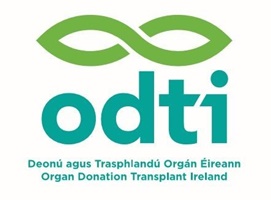National legislation on organ donation
Main law references
Human Tissue Act 2004 (regulate activities concerning the removal, storage, use and disposal of human tissue)
S.I. No. 325 of 2012 (A procurement organisation or transplantation centre shall not make a substantial change in a prescribed activity which it carries out without the prior written approval of the HPRA.)
S.I. No. 198 of 2014 (European Union: Quality and Safety of Human Organs Intended for Transplantation)
References of European laws and their fields of application, if you have found them in your research
Directive 2010.45.eu of the european parliament and of the council
Framework For Quality and Safety of Human Organs Intende for Transplantation
Expression of consent or dissent to the donation and organs that can be donated
The current law in Ireland about the Organ donation requires the potential donor to opt in to becoming an organ donor. However, it is ultimately up to their family to make the decision whether or not the person is allowed to donate their organs after they die.
Donors in Ireland can be living or dead. Usually living donations consist of giving a kidney to a loved one.
There is a new bill being proposed, which arose 12 years ago from “the Madden report” which includes an “opt-out” approach to organ donation. This approach assumes consent and allows major organs to be donated without explicit consent once a person has died. A person could “opt-out” of this if they do not wish to donate their organs. However, the person’s family will still have the final say and if they request that the individual’s organs not be donated, then their wishes will be obeyed.
Donable organs
Organs that can be donated include heart, lungs, liver, pancreas, kidneys. Also, Blood and Blood Components, Tissues and Cells.
National laws on organ donation




